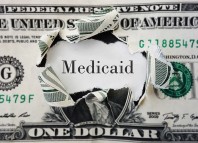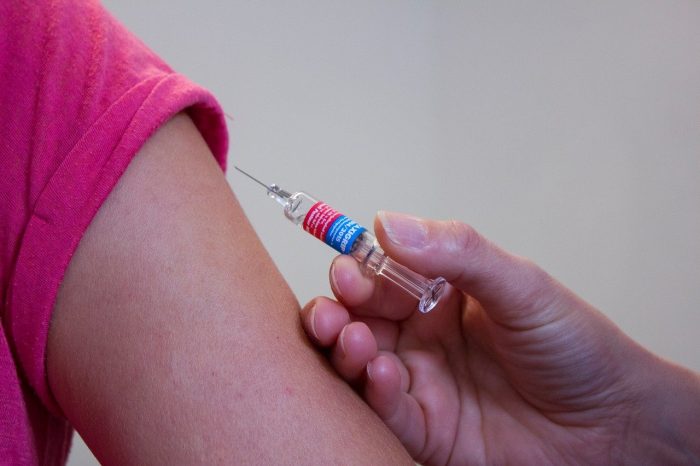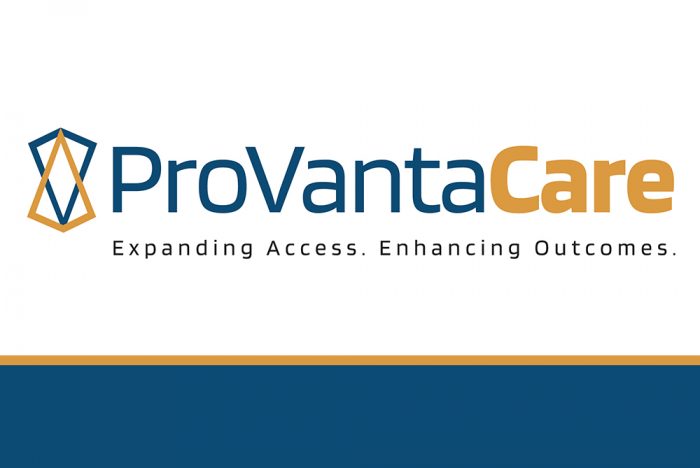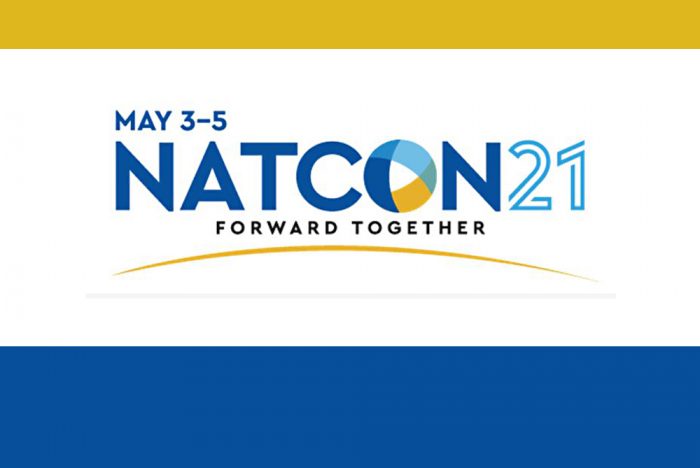RCPA is pleased to announce that the Ability Network of Delaware (A.N.D.) will be joining our 2021 Annual Conference. This is in addition to our previous announcement that the Community Behavioral Health Association of Maryland (CBH) would also be part of the Conference. We are all working in conjunction with both of these organizations to develop a unique collective approach. Leading in 2021: Hope, Help, Heal is set to take place from September 28, 2021 through September 30, 2021.
We are currently working out details of this event, but it is assumed that it will be a primarily virtual event with concurrent planning for a hybrid event if possible. We are working to maximize some in-person conference events that will take place at the Hershey Lodge in Hershey, PA. More to come on that aspect of the event.
RCPA is excited to have this opportunity to work with A.N.D. as well as CBH. This will highlight our ability to share ideas and best practices across state borders and will further enhance the Conference experience for our members. Additional information will be made available as conference planning continues.
We look forward to your participation.

















